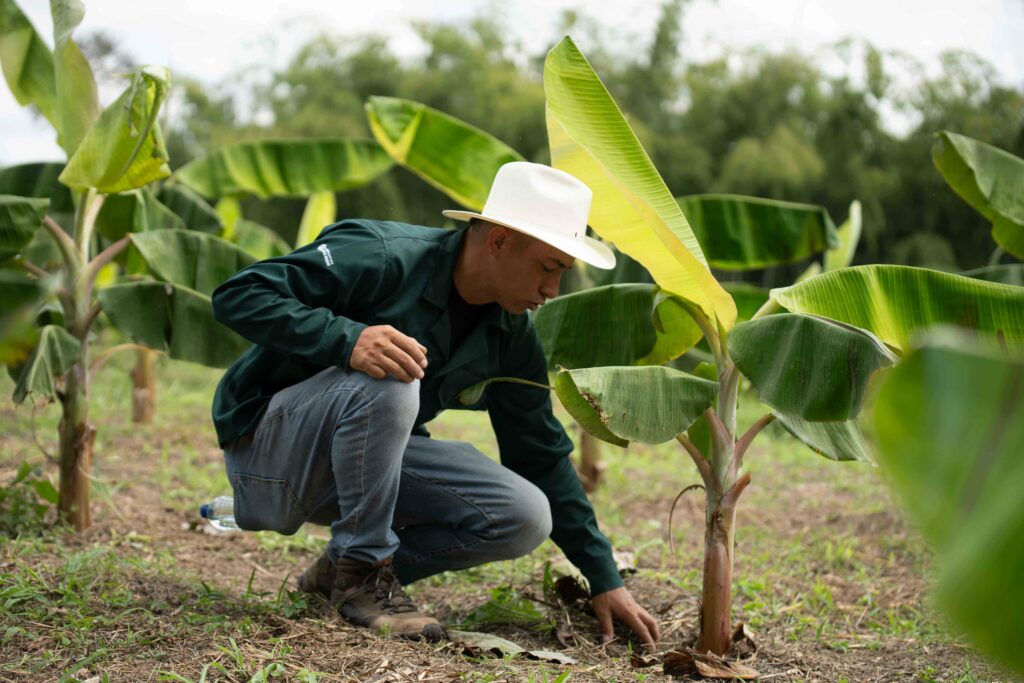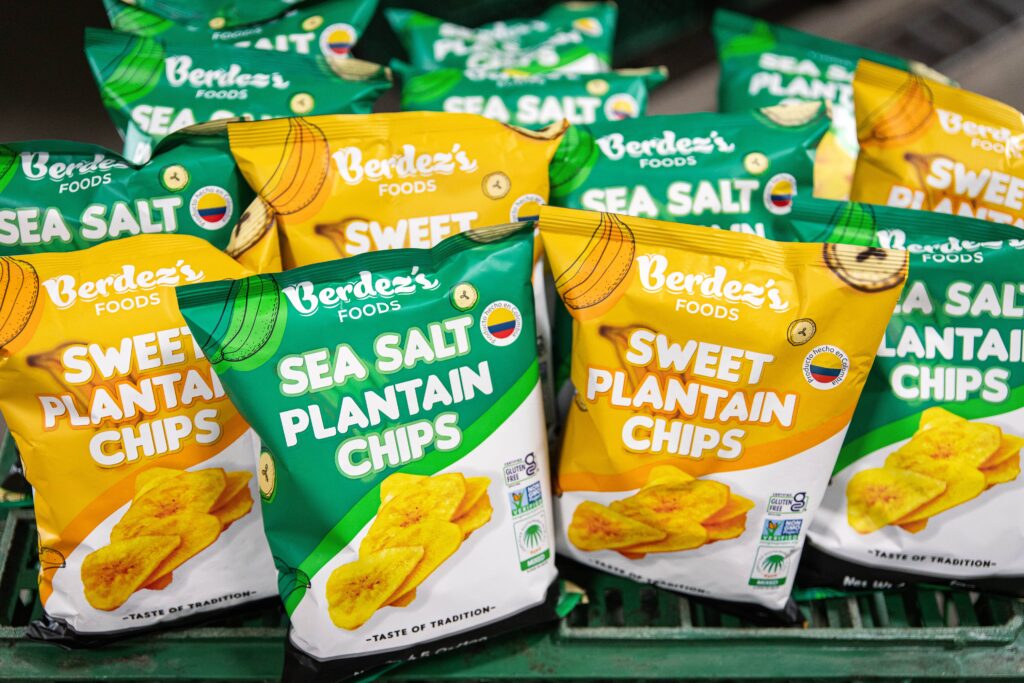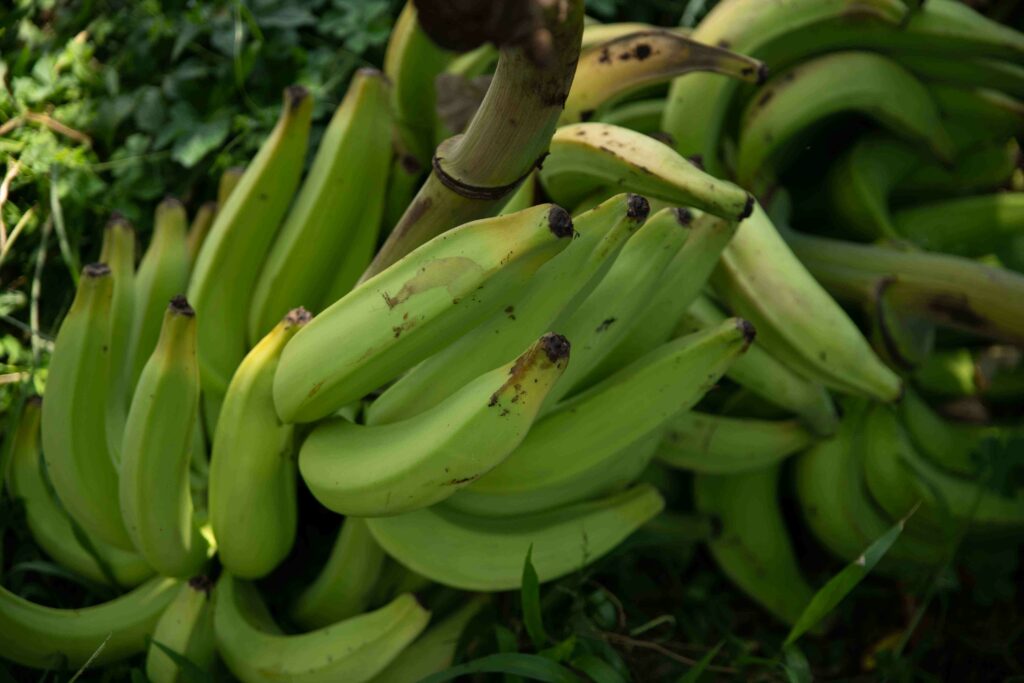● What is regenerative agriculture?
● What impact does regenerative agriculture have on the world?
● How does Berdez Foods implement regenerative agriculture in its products?
Introduction
In a world where environmental challenges are increasingly evident, regenerative agriculture emerges as
a vital and innovative response. This method is not limited to food production; it also aims to revitalize
and preserve the health of ecosystems. Below, we will explore the principles and goals of this agricultural
practice, which has the potential to redefine our relationship with the land and ensure a sustainable
future for the planet.
What is Regenerative Agriculture?
Regenerative agriculture emphasizes the importance of soil health to ensure the sustainability of our
global food system, impacting both the nutritional quality of plants and animals and climatic stability.
This holistic approach is dedicated to restoring, enhancing, and maintaining soil fertility and biodiversity.
Its goal is to develop soil rich in microorganisms and organic matter, capable of producing food
sustainably and resiliently
To achieve these objectives, regenerative agriculture employs specific techniques such as crop rotation,
polyculture, no-till farming, the use of cover crops, compost, and biochar, as well as holistic pasture
management. These practices increase the soil’s ability to sequester carbon, improve water retention,
and promote biological activity. Additionally, they minimize soil erosion and degradation, avoiding the
use of synthetic chemicals and reducing dependence on external inputs.
In summary, regenerative agriculture is an advanced and scientific approach that seeks to restore and
maintain soil health to ensure a sustainable and resilient food system.
What Impact Does Regenerative Agriculture Have on the World?
The impact of these efforts is global: a healthier and more resilient environment is possible through the
adoption of sustainable agricultural practices. Regenerative agriculture not only promises to improve
food production but also represents a crucial solution to the environmental challenges of our time. Soil
health is an essential resource and is at the heart of regenerative agriculture. This method not only aims
to enrich soil quality but also has a profound and positive impact on the planet: it reduces the carbon
footprint, strengthens ecosystem health, and produces safer food for human consumption. It is
remarkable that a practice optimizing food production can also be a powerful tool against climate
change.
How Does Berdez Foods Implement Regenerative Agriculture in Its Products?
At Berdez Foods, we utilize a regenerative agriculture system to develop sustainable practices, focusing
on keeping roots alive in the soil. The idea is to ensure fields are never bare; cover crops are sown before
removing the existing roots to maintain the water and nutrient cycle in the land.
Regenerative agriculture is fundamental to the production of our plantain chips. This sustainable
approach revitalizes soil health, enhances biodiversity, and strengthens ecosystems. Our dedicated
farmers apply techniques such as crop rotation and the use of organic fertilizers to ensure fertile and
balanced lands. By choosing our plantain chips, you enjoy a delicious product and support
environmentally friendly agriculture, promoting a sustainable future and dignifying the work of our
farmers.
Produced by: Walter Arzuaga




